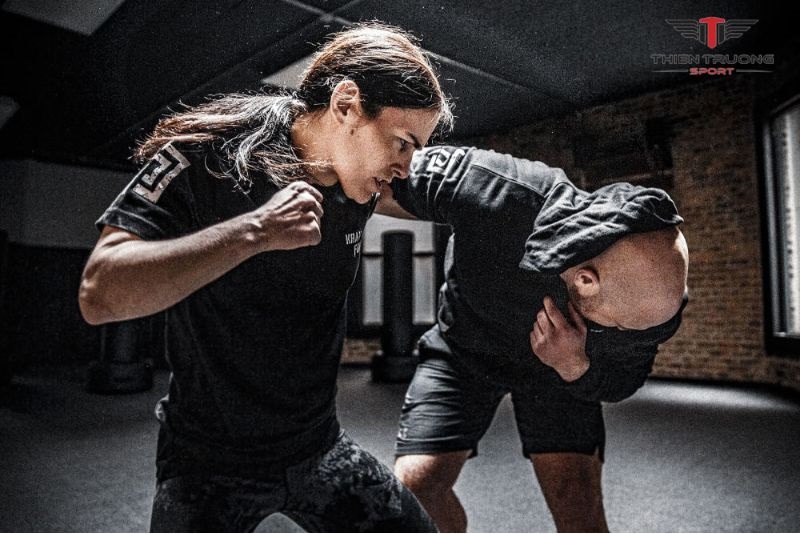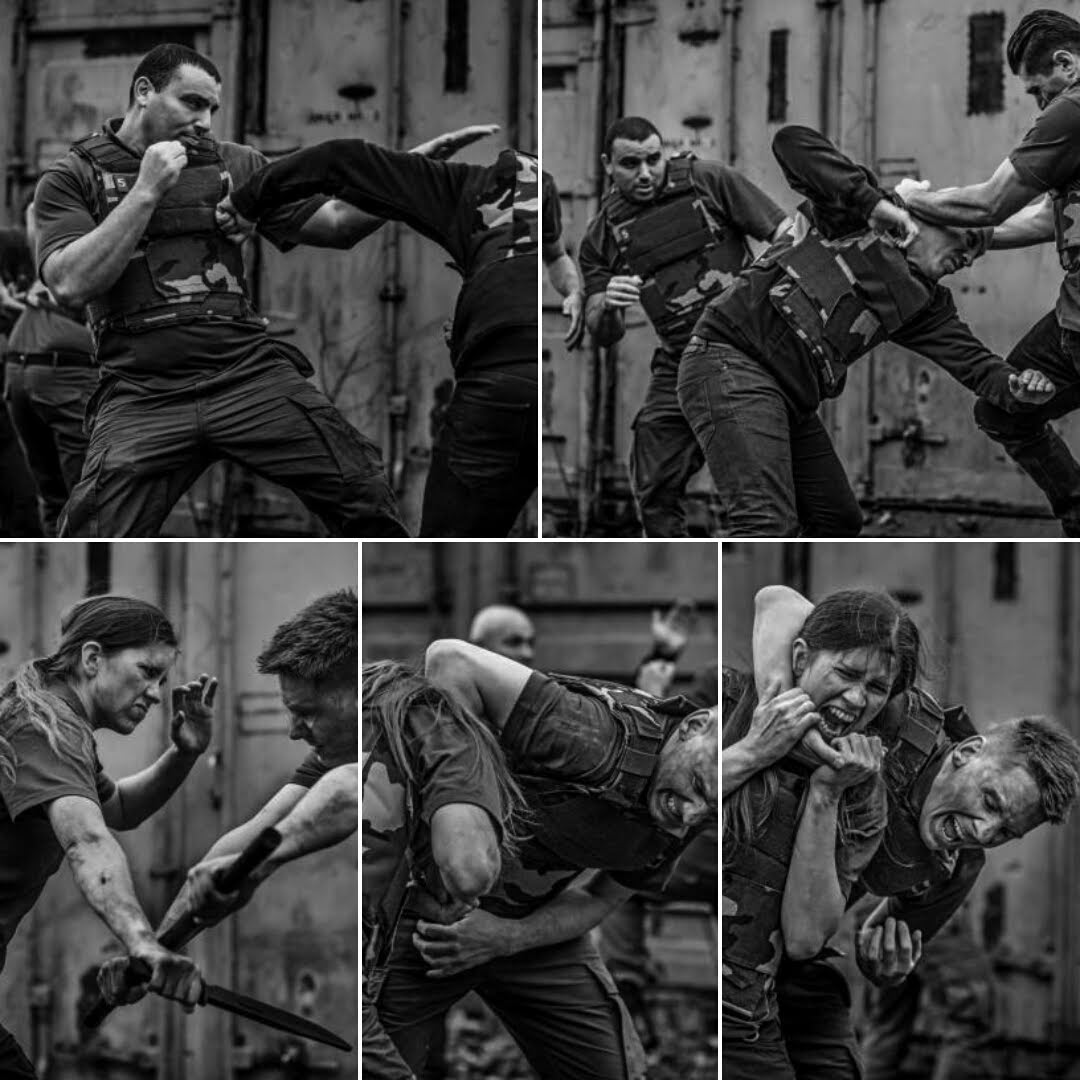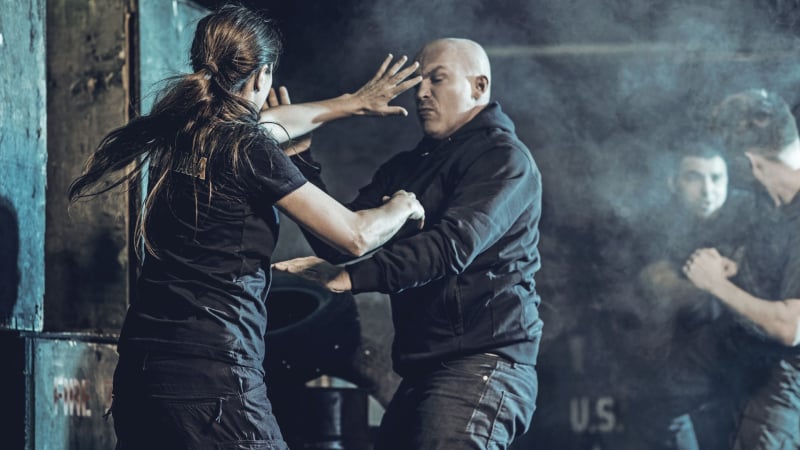Are you a professional security guard and do you also want to take your mental resilience to a higher level?

Why this training is essential
- To increase your situational awareness and recognize early warning signals.
-
Coping with stress and breaking the 'freeze' response.
-
You learn to form a realistic picture of threats and your own capabilities.
-
Dealing effectively with the fear of using violence, within the limits of the law and your task. Here you can read about the legal framework for handling violent situations.
-
To develop a proactive 'winning mentality' which is essential in critical situations.
-
Prevention and de-escalation strategies to avoid or defuse conflicts before they become physical.
-
To utilize the power of technique and tactics regardless of physical strength.

Strengthen your mental foundation and become an even more effective and confident professional. Invest in your mental acuity and learn how to perform optimally under pressure.
Here you can read about the legal aspects of applied violence and here about the background of our instruction.
Improve your mental acuity in self-defense. As a professional, you know that self-defense is more than just physical techniques. It's mental readiness that makes the difference between responding effectively and freezing in a crisis. Yet, many security guards, like others, fall into common mental traps. Do you recognize yourself in these?

The Most Common Mental Pitfalls:
- Lack of situational awareness (White State): Are you ever surprised because you were too focused on one aspect and didn't pay attention to your surroundings?
-
Denial and Freeze: Do you ever experience a moment of hesitation or 'freeze' when a threat suddenly presents itself, wasting precious seconds?
-
Underestimating the threat or overestimating your own capabilities: Do you assume the best-case scenario, or do you think your experience is always sufficient, resulting in you not fully assessing the risks?
-
Fear of using violence or confrontation: Do you feel a natural reluctance to intervene, even when the situation calls for it?
-
Lack of a Winning Mindset: Are you always mentally prepared to take control and end a conflict, or do you sometimes let circumstances guide you?
-
Neglecting de-escalation and prevention: Do you focus too much on physical intervention and not enough on preventing escalation through proactive behavior?
-
Excessive focus on physical strength: Do you rely too much on your physical strength and not enough on technique, speed and tactics?
